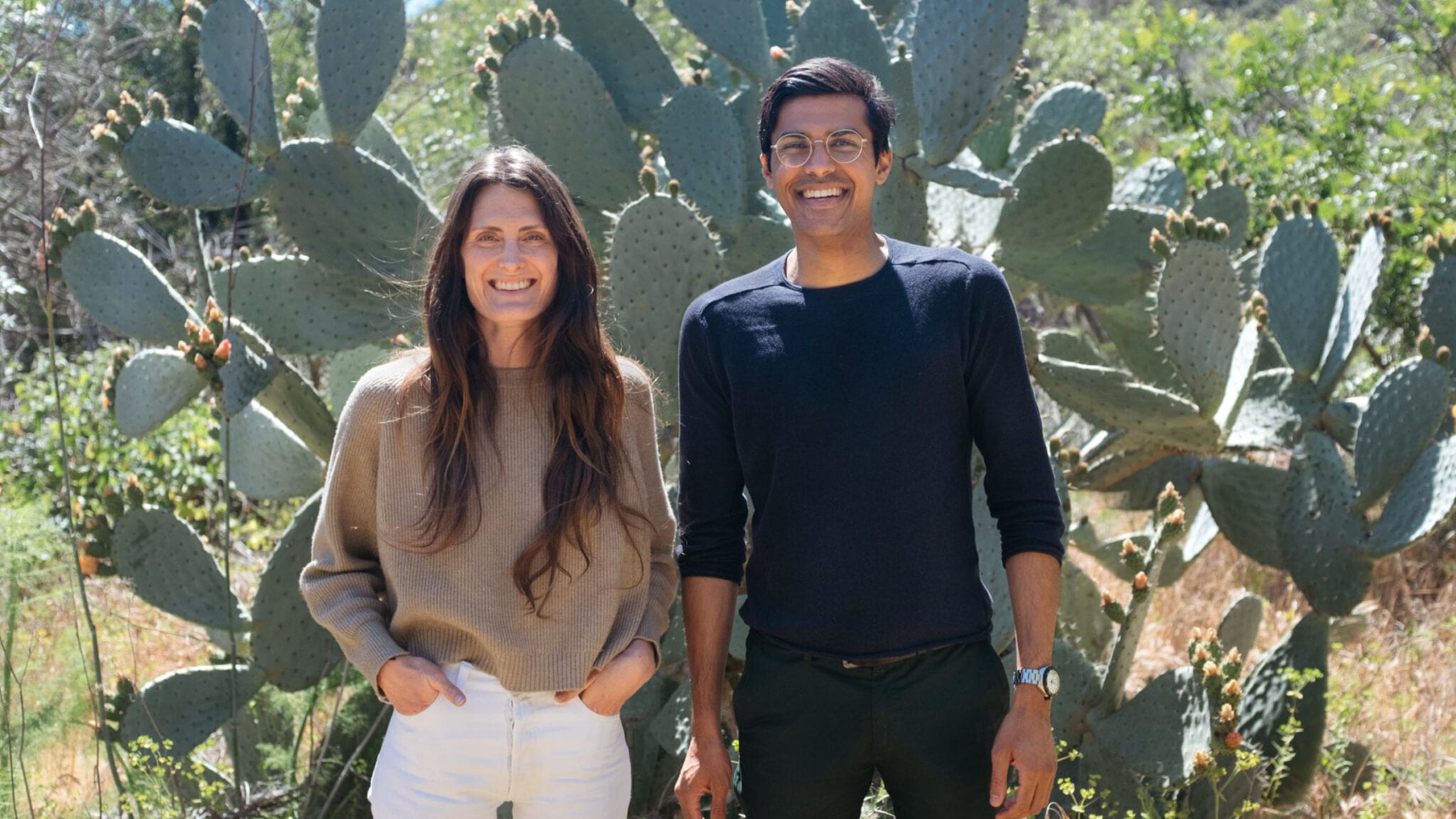
Ara Katz (L) and Raja Dhir (Seed)
On the hunt for bugs outside the gut, Seed Health snares $40M round to advance pipeline with the help of George Church
In 2017, as “microbiome mania” was setting in, Raja Dhir and Ara Katz launched Seed Health to go broad where others went small. While most …
Sign up to read this article for free.
Get free access to a limited number of articles, plus choose newsletters to get straight to your inbox.